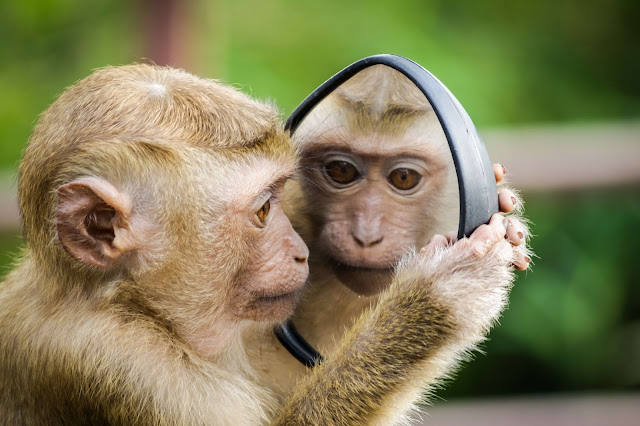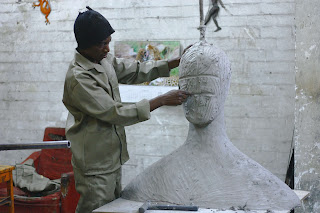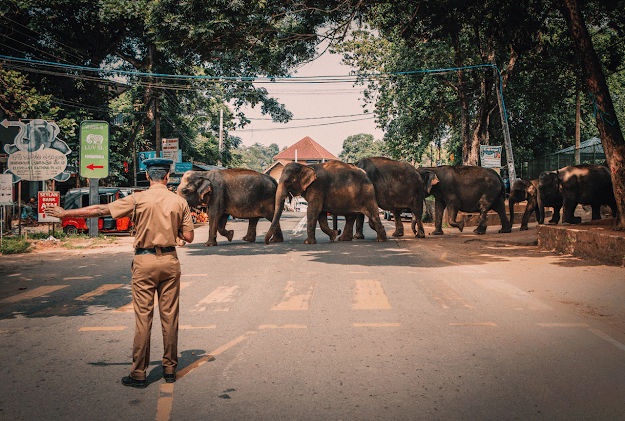Hell Isn’t Meeting the Person You Could Have Been

There’s a saying that hell is meeting the person you could have become. …As in one day you meet the best-timeline version of yourself and realize you’ve squandered your newly-seen-as-meager existence. “Aww, he’s so great and I’m crap and wasted my life” you would think. …And that would be your own personal hell. Except I’d like to argue that a truer hell is to live constantly worried about keeping up with that guy. It’s worth saying that everyone’s hell is different. Everyone’s motivation is different. One person’s “just do it” is another person’s toxic bro advice. One person’s motivational messiah is another’s cringe factory. It’s also said that competing with yourself is the healthiest competition. I think this is more about comparing to our past records and achievements instead of the world at large, in which there is always someone ahead of us. But if we can engage in toxic competition with someone who is always ahead of us… our future self or our best timeline poten...







